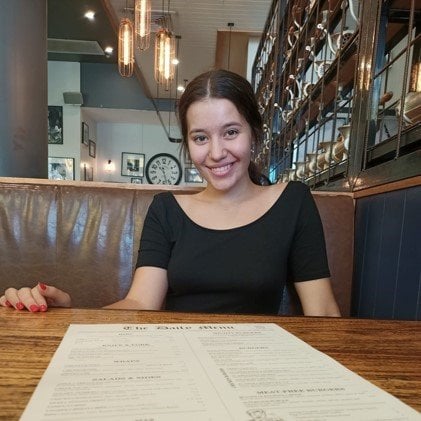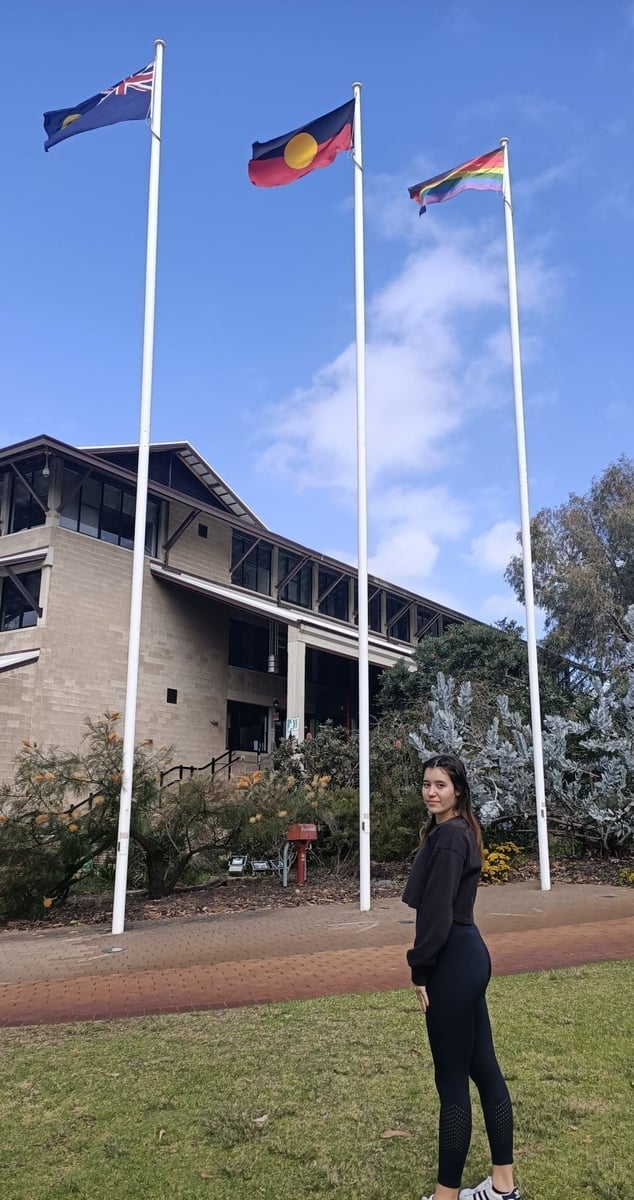
Stereotype after stereotype has created an image of what Aboriginality is.
All too often, light-skinned Indigenous Australians are stung with the question, “What per cent Aboriginal even are you?”.
I am Aboriginal. I am just not the image people many conjure up when they think of an Aboriginal person.
Watch: Awkward questions I get asked as a young Aboriginal woman. Post continues below.
This question nudges at my self-identity. A little bump that makes me wonder if I am Aboriginal 'enough'.
The University of Sydney interviewed Indigenous members about the correctness of asking how 'Aboriginal' somebody is.
Mary Waria is a Badu woman who expressed the damaging impact of the stereotypes.
"It's never okay to ask… If you look at our history there's a reason why people aren't 100 per cent Aboriginal, and that's really heartbreaking. It doesn't matter the colour of your skin… I guess that's another stereotype - you have to be black, like dark, to be Aboriginal," said Waria.



Top Comments